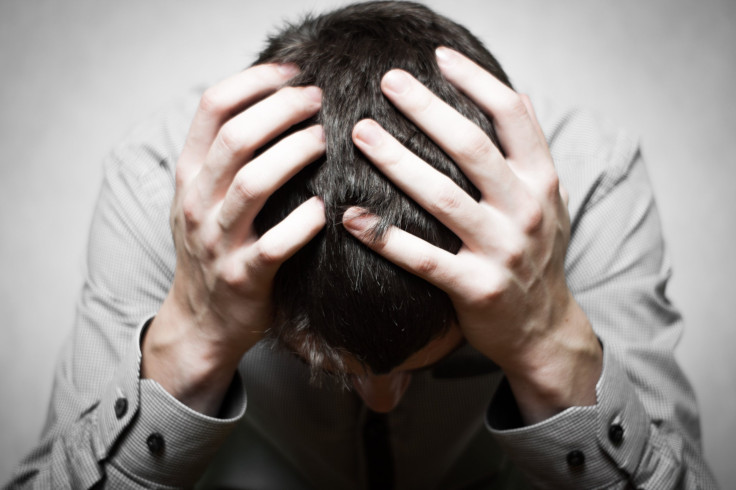1 In 3 Teen Boys Who Experience Sexual Assault Attempt Suicide; Stigma, Fear May Increase Risk

Just in time for National Sexual Assault Awareness Month, a new study sheds light on just how serious it can be among teen boys, finding that one in three who experience sexual assault have a go at suicide.
“The stigma is often not addressed, it’s a silent issue in society,” said Dr. Laura Anderson, a licensed psychologist and assistant professor in the University at Buffalo’s School of Nursing, in a press release. “Very rarely does programming address boys. It’s often presumed to be an issue for girls. The results [pf the study] highlight the need to educate the public and develop preventive programming and support for male and female sexual assault survivors.”
Girls certainly experience the majority of sexual assault incidences; only one in 10 victims is a boy, according to the Rape, Abuse, and Incest National Network (RAINN). But the effects of these crimes, which can range from unwanted sexual touching to forced penetration, are still serious and damaging. Boys might find themselves questioning their sexual orientation and sense of self; they might withdraw from interpersonal contact and feel alienated from others; and they have an increased risk of psychological and emotional problems, including depression, anxiety, fearfulness, and anger.
While these consequences may also arise in girls following a sexual assault, their influence on attempted suicide risk seems to affect boys more, according to the study. Compared to the 33.2 percent of teen boys with a sexual assault history who reported attempting suicide, only 27.1 percent of teen girls with a similar history reported a suicide attempt. Anderson and her team suggested the reason for these rates could be a result of stigma, shame, a possible gender role conflict if the attacker was male, and a lack of an open support system.
The study began as a way for Anderson’s team to see how sexual assault and obesity, together, can lead to attempted suicide. Looking at responses from the Youth and Risk Behavior Survey, which sampled more than 31,000 teens aged 14 to 18 between 2009 and 2011, they found obesity had no effect on whether a teenage boy attempted suicide.
The researchers said the results could have been higher, but almost 20 percent of African-American students and others from minority backgrounds left questions about suicide unanswered — a common occurrence among both males and African-American students. They said future studies will investigate these details, as well as other factors such as body mass index and perceived self-image.
People who experience sexual assault and have difficulty finding support can call RAINN’s National Sexual Assault Hotline at 1.800.656.HOPE (4673).
Source: Anderson L, Hayden B, Tomasula J. Sexual Assault, Overweight, and Suicide Attempts in U.S. Adolescents. Suicide and Life-Threatening Behavior. 2015.



























